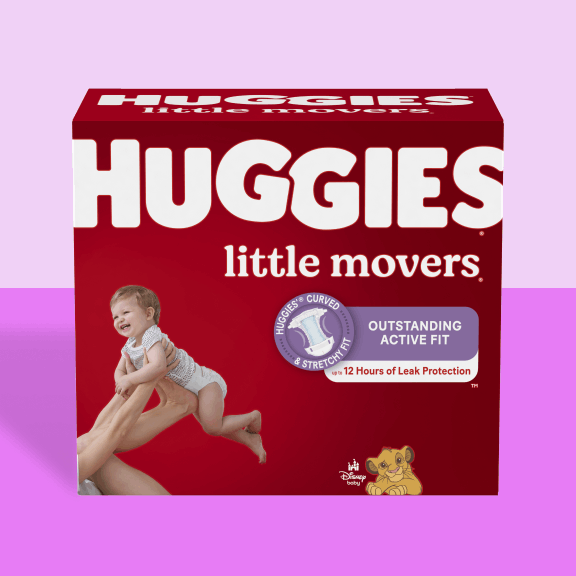Sleeping Tips
FAQ Sleep Questions

The key to helping your little one fall asleep is creating a comfortable and safe environment. We polled several sleeping experts to find out what essential must-knows can help your baby boy or girl finally calm down and enter the Land of Nod.
How can I help my baby fall asleep?
“The best thing you can do to help your baby fall asleep at night is to create a great sleep environment,” says Haleigh Almquist, Certified Lactation Counselor, Advanced Certified Newborn Care Specialist, Post-Partum Doula and Founder and CEO of Hush Hush Little Baby Newborn Care.
How to create a comfy sleeping space:
- Make sure the room is completely dark.
- Have a source of white noise (a fan, pointed away from baby; a white-noise machine, or a radio set to static all work well).
- Adjust the room temperature to 20-22 degrees Celsius.
For a healthy and helpful bedtime routine, try the following:
- Give baby a bath.
- Give baby a massage.
- Cuddle with baby and read a book or sing a song.
- Put baby to bed slightly awake.
- Introduce a transitional, self-soothing object like a pacifier.
According to the American Academy of Pediatrics (AAP), newborn babies from birth to 3 months require 16-18 hours of sleep each day. By 4 months, your baby should be able to go eight or more hours without eating, and should be ready to sleep through the night. And, by 5 months, baby should only need about 10 hours total of sleep (often spread throughout three sleep sessions daily: two naps and nighttime sleeping). “Sleeping through the night means something different for each family. I consider a period of 6-8 hours of continuous sleep a success. Some babies sleep through the night at 4 months, but for others it may take up to a year,” says Almquist.
How many naps should my baby have — and when?
“Newborns spend more time asleep than they do awake,” Almquist says. “But after 4 months, they should maintain two or three scheduled naps spread throughout the day.”
How do I keep my baby safe while sleeping?
The AAP recommends the following:
- Always put babies to sleep on their back, never on their stomach.
- Only put baby to sleep on a firm surface, and remove any objects from inside the crib, particularly crib bumpers.
- Put newborn babies to sleep in the same room where you will be sleeping, within arm’s reach.
- No smoking.
- Let baby sleep with a pacifier. If you are breastfeeding, wait until breastfeeding is going well before offering a pacifier.
- Shushing: Also, the womb is 80-90 decibels (louder than a vacuum cleaner) thanks to the whooshing of maternal blood flow,” says Melissa Gersin, a maternity RN and infant crying specialist with the Massachusetts Department of Health..“‘Shh-ing’ or white noise (can help), as these mimic the comforting sounds of the womb.”
- Rocking and swaying: Rocking or swaying baby mimics the gentle motion of the womb, and can act as a sleep aid.
- Sucking: A pacifier or nursing before putting baby down for the night help your little one relax and prepare for a nice, long rest.
Dr. Fran Walfish is a Beverly Hills, California-based child, parenting and relationship psychotherapist, and author of “The Self-Aware Parent.” Haleigh Almquist is a Certified Lactation Counselor, Advanced Certified Newborn Care Specialist, Post-Partum Doula and founder and CEO of Hush Hush Little Baby Newborn Care (hushhushlittlebaby.com/). Melissa Gersin is a maternity RN and Massachusetts Department of Health infant crying specialist.
By Heather K. Scott, Tribune Content Solutions







